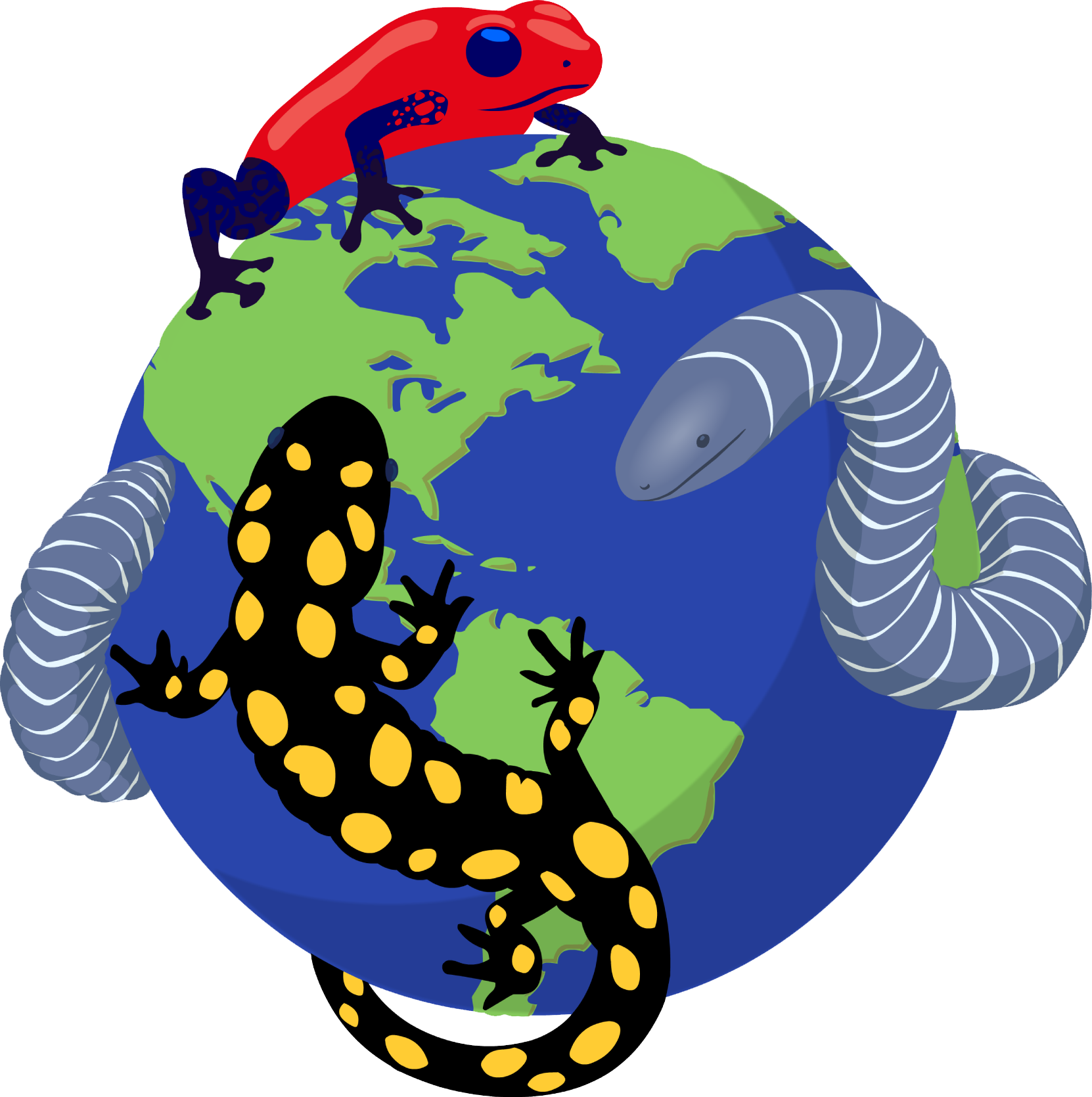|
Description
M 35-41 mm, F 41-44 mm. Very similar to G. granulatus but slightly smaller, with a shorter snout, and less distinct femoral glands. Most specimens without a continuous light stripe along the upper lip (Glaw and Vences 2007). Distribution and Habitat
Country distribution from AmphibiaWeb's database: Madagascar
Tsaratanana (Antsahamanara campsite), Manongarivo (Glaw and Vences 2007), at elevations between 800 to 1000 m (Andreone and Vences 2008). Found in pristine rainforest along rainforest streams (Glaw and Vences 2007).Life History, Abundance, Activity, and Special Behaviors
Habits: Males call at night from the vegetation along rainforest streams. So far not found in secondary vegetation (Glaw and Vences 2007).
Calls: Series of 2-6 rapidly repeated unharmonious notes (Glaw and Vences 2007).
Trends and Threats
Listed as data deficient since it has only recently been described, and there is still very little information on its extent of occurrence, status and ecological requirements. Locally abundant. Found in two protected areas: the Réserve Naturelle Intégrale du Tsaratanana and the Réserve Spéciale de Manongarivo. Known only from pristine forest. Habitat is receding due to subsistence agriculture, logging, charcoal manufacture, invasion and spread of eucalyptus, grazing and expanding human settlement (Andreone and Vences 2008). Possible reasons for amphibian decline General habitat alteration and loss
Habitat modification from deforestation, or logging related activities
Intensified agriculture or grazing
Urbanization
Subtle changes to necessary specialized habitat
Comments
Taken with permission from Glaw and Vences (2007).
References
Andreone, F. and Vences, M. (2008). Gephyromantis zavona. In: IUCN 2008. 2008 IUCN Red List of Threatened Species. www.iucnredlist.org. Downloaded on 20 March 2009.
Glaw, F., and Vences, M. (2007). Field Guide to the Amphibians and Reptiles of Madagascar. Third Edition. Vences and Glaw Verlag, Köln.
Originally submitted by: Miguel Vences and Frank Glaw (first posted 2009-03-20)
Edited by: Catherine Aguilar (2009-04-07)Species Account Citation: AmphibiaWeb 2009 Gephyromantis zavona <https://amphibiaweb.org/species/6559> University of California, Berkeley, CA, USA. Accessed Dec 24, 2024.
Feedback or comments about this page.
Citation: AmphibiaWeb. 2024. <https://amphibiaweb.org> University of California, Berkeley, CA, USA. Accessed 24 Dec 2024.
AmphibiaWeb's policy on data use.
| 




 Map of Life
Map of Life